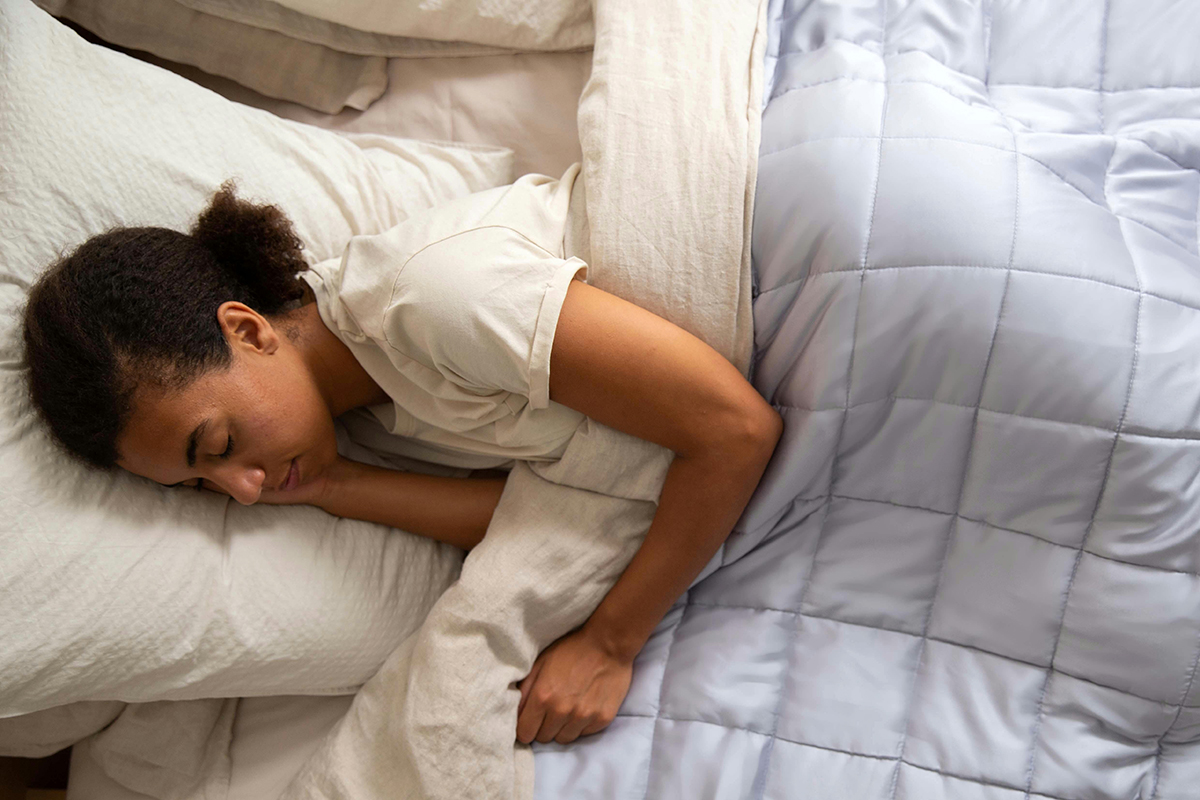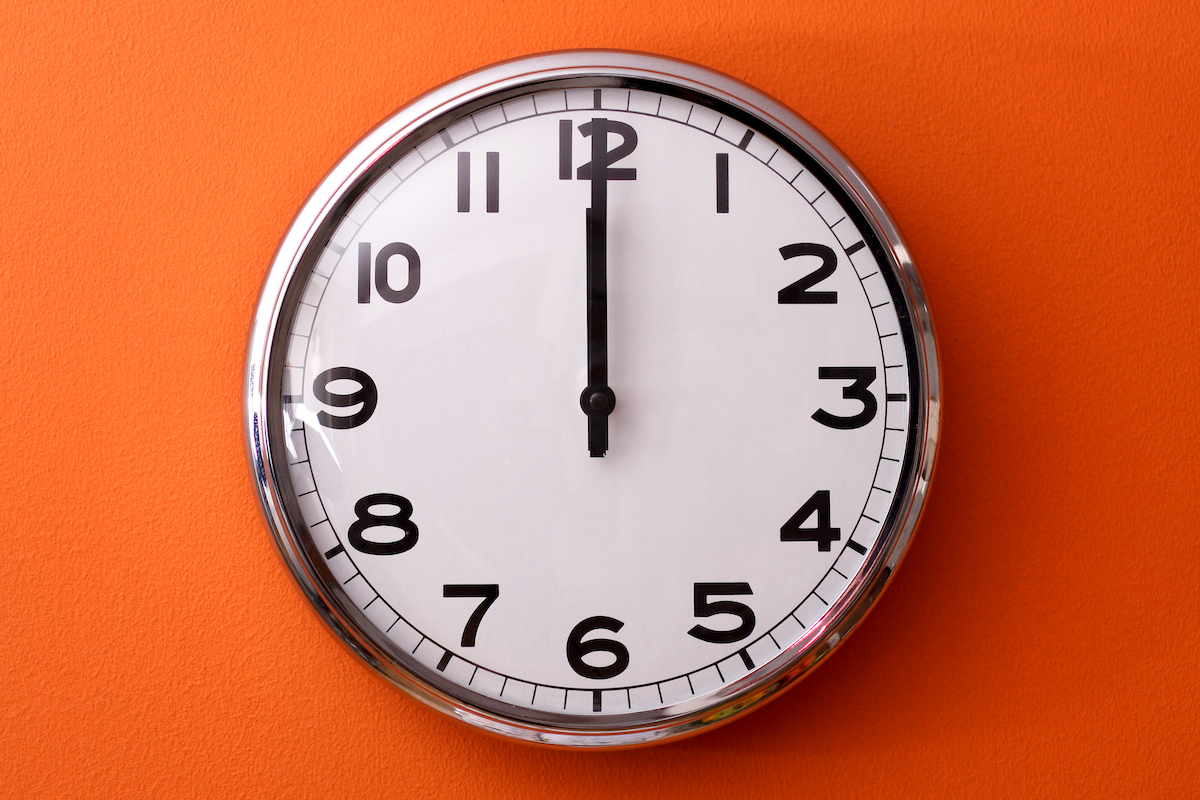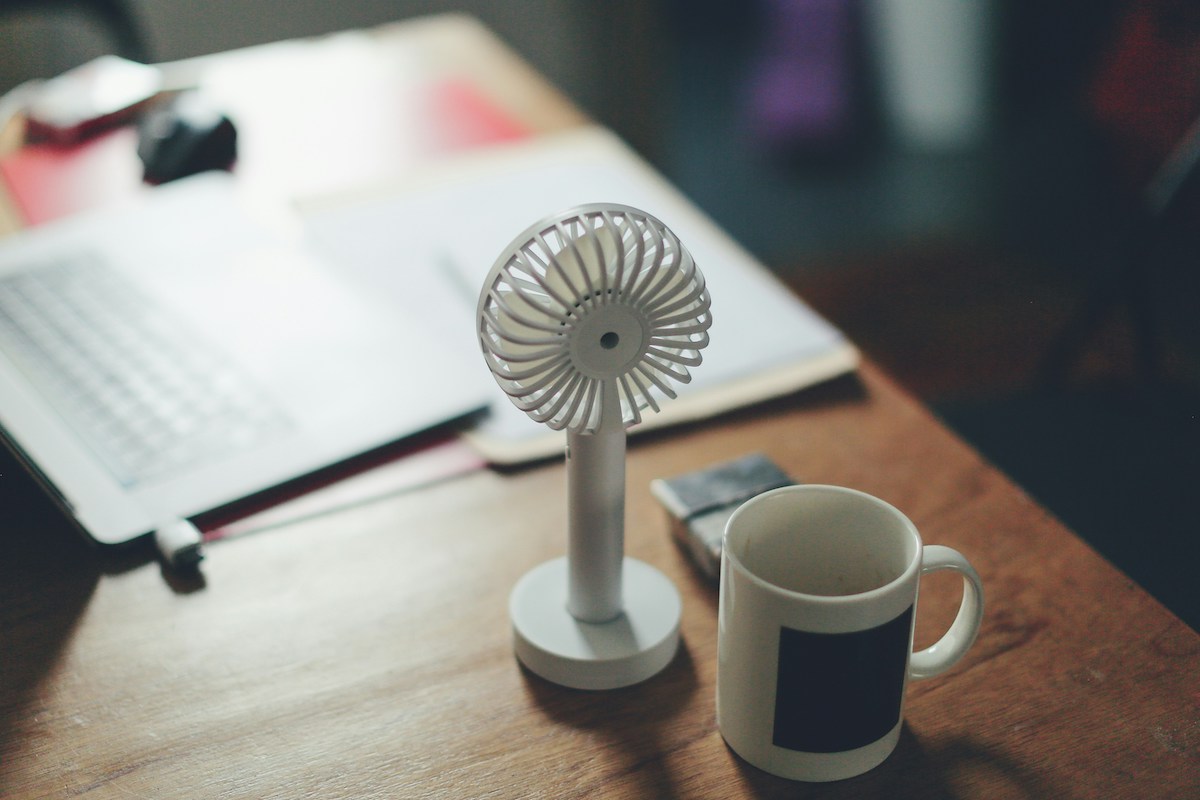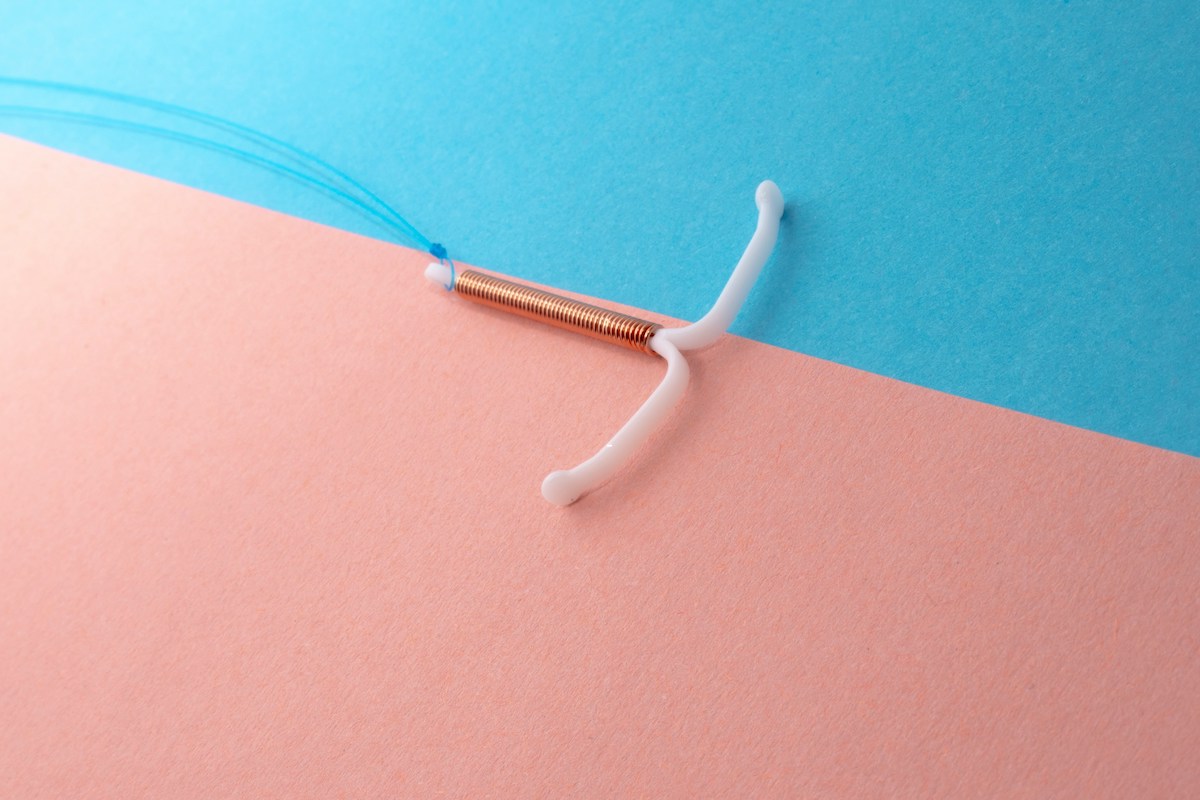Hi Gillian, I’m a formerly excellent sleeper who was launched into a period of insomnia (with accompanying anxiety about sleep — so fun!) due to clear perimenopausal hormonal changes. I was prescribed trazodone to get my sleep back on track, but I am eager to stop taking it. What more natural remedies/treatments do you recommend? Magnesium (and if so, which kind)? Melatonin? CBT-I [cognitive behavioral therapy for insomnia]? Would also love to hear that this happens to other women, so I feel less alone in this. Thank you!
—Sleep-deprived Sandy
You are not alone! Studies suggest that nearly 50% of women will experience sleep disruption at some point during the perimenopausal transition. Women experience sleep disruption both as a result of night sweats and independent of night sweats.
We can all imagine — or don’t need to imagine at all — that night sweats, and their aftermath of drenched pj’s and sheets, will disrupt sleep. Attempts to understand the causes of sleep disruption independent of night sweats have yielded mixed results. The data suggest various possible causes, including low estrogen; high follicle-stimulating hormone levels; increased anxiety and depression; increased incidence of primary sleep disorders, such as restless leg syndrome and sleep apnea; and normal changes in sleep with aging. But our understanding of perimenopausal sleep disruption is still evolving.
Hormone replacement therapy has been shown to improve both sleep disruption from night sweats and sleep disruption not associated with night sweats. Cognitive behavioral treatment of insomnia improves sleep during the perimenopausal transition in both the long and short term. Treating coexisting primary sleep disorders is important.
The data on supplements like magnesium’s impact on sleep is lacking. Studies of magnesium supplementation in women with perimenopausal sleep disruption have not been published. Many of my patients who take magnesium to treat constipation or prevent headaches (for which there is some data) report an improvement in sleep, but we just don’t have any evidence for or against this. Melatonin has been shown to be helpful with falling asleep but not with staying asleep.
Sleep disruption is commonly reported among women during the perimenopausal transition. There are medications and non-pharmacological treatments that have been shown to help. If you are struggling with sleep, talk to your doctor about what options might be most helpful for you.
Community Guidelines
















Log in